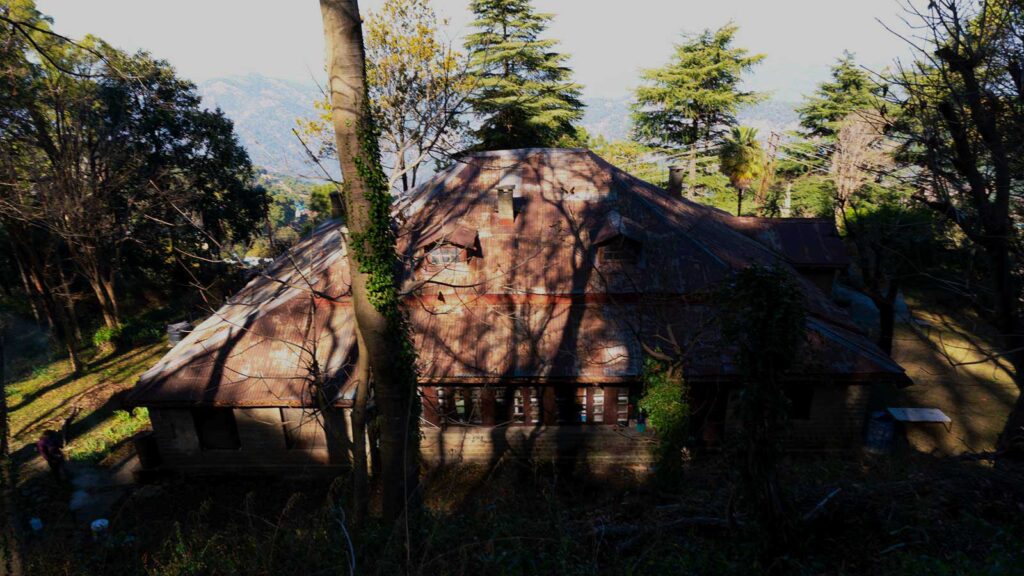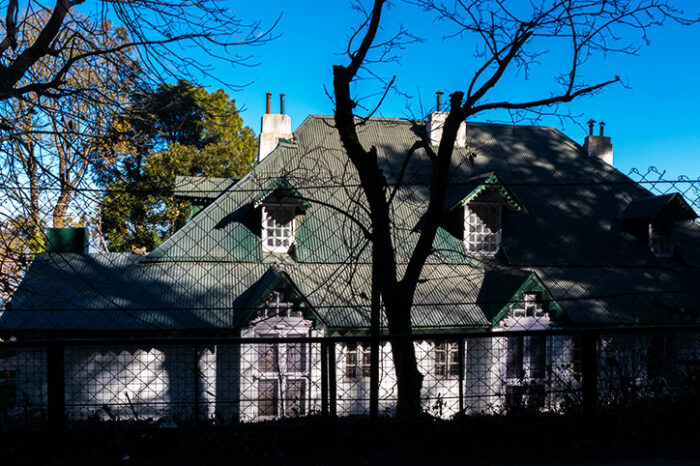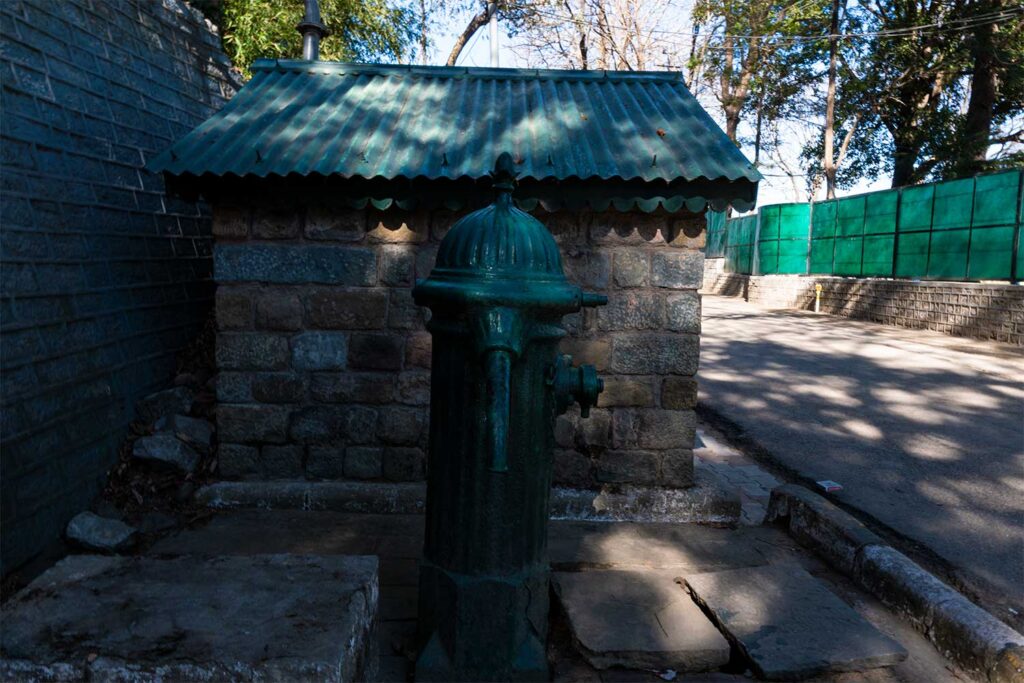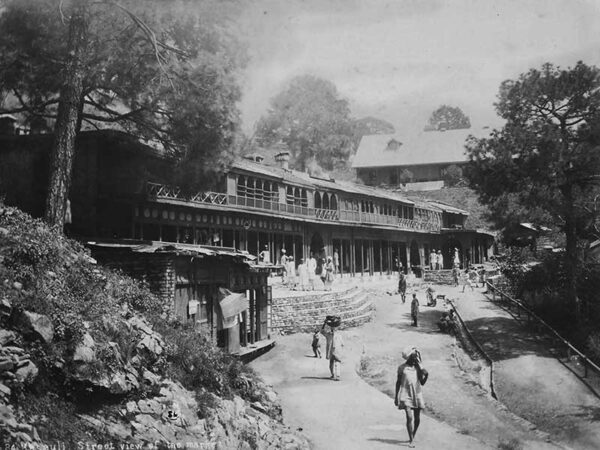Unfadable
Old World Charm
of Kasauli
From beautiful bungalows, buildings, to water taps, letter boxes, and fire hydrants — all are part of a beautiful heritage left behind by the Britishers in Kasauli…
Sunnyside: The Oldest House of Kasauli | Video
What gives Kasauli that unique ol’ world charm is the constant presence of its past. Be it a letter box standing on the Mall Road, a rusting away fire hydrant in a corner, the imposing church building in the background, the non-descript post office or that bungalow on the top of a hill, all pull you back in time.
Especially, the colonial bungalows.
Built by the British settlers in the years after Kasauli was founded in 1842, these spacious bungalows give this small town its distinctive colonial character. The bungalows that dot Kasauli have been built in the typical ‘colonial style’ — one or one-and-half-storeyed structures with gable roof, hall in the centre and rooms on each side, and veranda in the front facing a garden.
Even after nearly 200 years and having seen different owners, the names of most bungalows remain unchanged and sound as English as they could be — Groombridge, Redcombe, Glen Fern, Daisy Bank, Abbey, Rodedence…
The first British house that came up in Kasauli was the Sunnyside. Constructed around 1841, it was the residence of Henry Lawrence, a British military officer and the founder of Lawrence school in the nearby Sanawar. Henry had lived with his family in the nearby Sabathu, the seat of British administration in the hills at that time after the Anglo-Gorkha war, and shifted to Kasauli after the death of his newborn daughter. The Sunnyside exists even today.

Soon enough Kasauli had another settler — Major General Walter Raleigh Gilbert. Gilbert is believed to be one of the first inhabitants of Kasauli along with Henry Lawrence.
A British military official, he was the commander of the Sirhind division and got himself built a palatial bungalow in Kasauli in 1845. Presently, the bungalow is the official residence of the station commander and known as the Flag Staff house.
In the later years, number of bungalows increased with more British settlers making Kasauli their home.

In the 1940s, as British settlers started leaving Kasauli, and most of these bungalows and other properties were bought by the wealthy Indians.
Some of the noted Indians who stayed and owned bungalows in Kasauli after Independence included Shobha Nehru, the wife of diplomat BK Nehru, a cousin of India’s first Prime Minister Jawahar Lal Nehru, writer and journalist Khushwant Singh, and Rupen Bose, the father of actor Rahul Bose.






